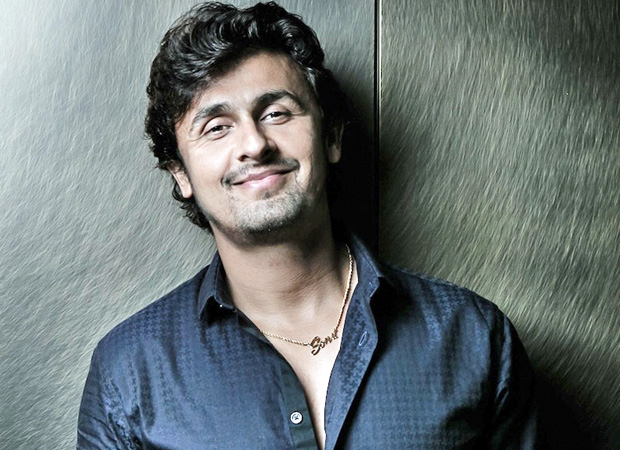NEW DELHI, Dec 25: Singer Sonu Nigam, who has been in the proverbial eye of the storm for his comments on Pakistani musicians and the #MeToo movement, says he is concerned about the “country’s anger” and would like people to “smile and be a little easy”.
An eye for an eye leads to lynchings and road rage incidents and is just not his style, said the singer who ignited twin controversies last week.
He said during a media summit that it would be better if he was from Pakistan so he would get more offers from India. Nigam also attracted attention with his verbal spat with Sona Mohapatra on #MeToo movement.
“I am very concerned about the country’s anger. There has to be some decorum. The kind of language people use is unbelievable. The kind of language she (Sona) used, there is so much hatred. I maintained my decorum in all my statements. We need to smile and be a little easy,” Nigam said.
The 45-year-old said he became a victim of sensational headlines and their viral effect on social media.
“When I want to communicate something I will say what I know or believe in. I will speak the truth. Eye for an eye is not my style of dealing with things. This leads to mob lynching, road rage,” he added.
With his comments on Pakistan drawing flak, Nigam issued a statement saying he has immense respect for global musicians, including Pakistani singers, but wishes for Indian artistes to be given same facilities as their foreign counterparts.
He said he made the remarks in response to a question on the current situation of the country’s music industry.
“I was asked about how the business of music functions in India. I was just giving them a clear understanding of the business status right now. These days music companies want to own the singers so when the artiste performs the companies get a cut from that,” he said.
“… The companies have this rule for Indian singers but not for the talent coming from Pakistan or any other country,” he added.
Nigam asserted that singers from Pakistan were his friends and he has been the only one in the last 20 years to criticise those banning Pakistani singers. (PTI)


